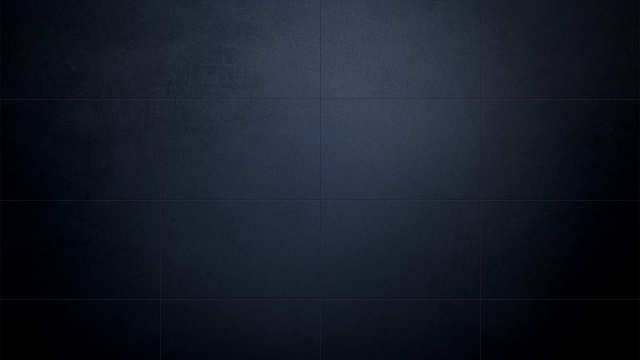
The world of aquaculture is experiencing a transformative shift, driven by advances in technology and a growing emphasis on sustainable practices. As the demand for seafood continues to rise, innovative solutions are emerging to enhance efficiency, ensure environmental stewardship, and promote the health of aquatic ecosystems. The Rokter serves as a leading resource for industry professionals seeking insights into these developments, offering a wealth of information and a platform for collaboration.
At The Rokter, aquaculture enthusiasts can explore in-depth blog posts that delve into the latest technological advancements and sustainability strategies. With dedicated forums for professionals to share knowledge and experiences, the hub fosters an engaging community aimed at revolutionizing the future of fish farming and aquatic product cultivation. Embracing these technologies not only benefits producers but also plays a crucial role in securing a sustainable seafood future for generations to come.
Innovative Technologies in Aquaculture
The aquaculture industry is undergoing a remarkable transformation driven by innovative technologies that enhance production efficiency and sustainability. One of the key advancements is the adoption of recirculating aquaculture systems (RAS), which recycle water and minimize environmental impact. This system not only reduces water usage but also allows for better control over water quality, creating optimal conditions for fish and shellfish growth. As more producers implement RAS, we are likely to see significant improvements in yield and fish health.
Another exciting development in aquaculture technology is the integration of artificial intelligence and data analytics. These technologies enable aquaculture professionals to monitor and analyze crucial parameters such as water temperature, oxygen levels, and feeding patterns in real time. By leveraging data-driven insights, farmers can make informed decisions, optimize feeding strategies, and anticipate disease outbreaks, leading to healthier stock and increased productivity. This shift towards precision aquaculture is paving the way for more resilient and profitable operations.
Biotechnology is also playing a pivotal role in advancing aquaculture practices. Innovations such as genetic selection and breeding programs are improving the quality and growth rates of various species. Additionally, the use of sustainable feed alternatives, including insect meal and microalgae, is being explored to reduce reliance on traditional fish feed sources. These breakthroughs not only enhance production but also address concerns about overfishing and environmental sustainability, making aquaculture more viable for the future.
Sustainability Practices for a Greener Future
As the demand for seafood continues to rise, sustainable aquaculture practices have become essential in minimizing environmental impacts. Employing methods such as integrated multi-trophic aquaculture, where different species coexist and support each other’s growth, can significantly enhance resource efficiency. This technique not only reduces waste but also optimizes the use of feed, water, and energy, fostering a more balanced ecosystem within aquaculture systems.
Innovative farming techniques, such as recirculating aquaculture systems (RAS), are also making waves in sustainability. These systems efficiently circulate water, minimizing consumption and ensuring optimal water quality for aquatic species. RAS can dramatically lower the risk of disease and reduce the need for antibiotics, allowing for healthier fish production. With advancements in technology, such systems can be designed to function in urban areas, bringing fresh seafood closer to consumers while reducing transport emissions.
Furthermore, the adoption of environmentally friendly feed sources is crucial for the future of sustainable aquaculture. Alternatives to traditional fishmeal and fish oil, including plant-based feeds and insect protein, can significantly decrease the pressure on wild fish populations. Research and development in this area are vital as they can help aquaculture operations become more ecologically responsible, ultimately leading to a healthier ocean and more resilient food systems.
Industry Resources and Tools
The Rokter serves as a vital resource for aquaculture professionals seeking to enhance their operations through innovative technology. With an extensive library of articles and research papers, users can access the latest findings and trends in aquaculture technology. From advancements in water quality monitoring to the implementation of automated feeding systems, The Rokter provides insights that cater to a variety of needs within the industry.
In addition to the wealth of written content, The Rokter features interactive tools that aid in the decision-making process for aquaculture practitioners. These tools include calculators for feed conversion ratios, growth projections, and sustainability assessments. By utilizing these resources, aquaculture operations can optimize their practices for both economic performance and environmental responsibility.
The dedicated forum on The Rokter enables professionals to engage with one another, share their experiences, and seek advice on specific challenges. This collaborative environment fosters a community that champions innovation and sustainability in aquaculture. Users can post questions, participate in discussions, and exchange valuable tips that can lead to improved outcomes in their aquaculture endeavors.
Explore
Community Engagement and Professional Development
Building a strong community among aquaculture professionals is essential for driving innovation and sustainability in the industry. The Rokter serves as an authoritative hub where individuals can share insights, network, and collaborate on various projects. By fostering engagement through a dedicated forum, aquaculture practitioners can discuss challenges, share best practices, and drive advancements that benefit the entire field. This collaborative spirit not only enriches professional knowledge but also enhances real-world applications of aquaculture technology.
Continuous professional development is crucial for staying competitive in this rapidly evolving industry. The Rokter provides an extensive range of in-depth blog posts and educational resources that offer valuable insights into the latest trends, technologies, and practices in aquaculture. By accessing these resources, professionals can enhance their skills, broaden their understanding of sustainable practices, and implement effective solutions in their operations. This commitment to lifelong learning helps to cultivate a more knowledgeable and innovative workforce in aquaculture.
Moreover, engaging with peers in the forum allows professionals to seek guidance and mentorship from experienced individuals in the field. This connection not only promotes knowledge sharing but also builds a supportive network that encourages growth and collaboration. By participating in discussions and sharing experiences, aquaculture professionals can develop their careers while contributing to the advancement of the industry as a whole.



